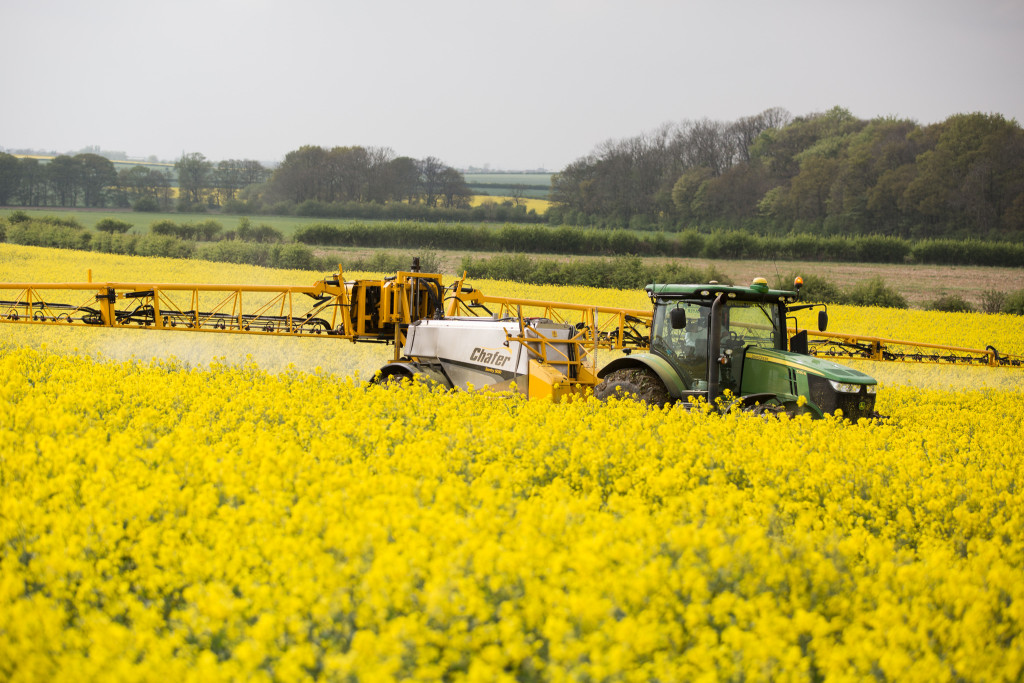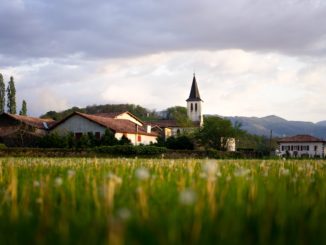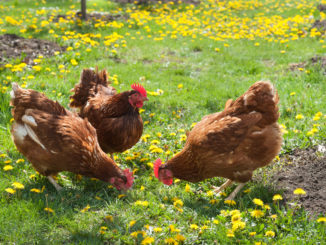
Independent consultants ADHB have revealed that, despite the neonicotinoid pesticide ban on oilseed rape, yields recorded so far are actually up on last year.
“An estimated 15% of winter oilseed rape was also harvested with yields typically above the 5 year average, although it must be noted that yield information is based on a small area harvested to date. Limited quality data is available, although early quality indicators are good.”
This flies in the fact of data submitted by the UK’s National Farmers Union, which claimed that 79% of the crop was under threat due to the neonic ban.
Previously, the organisation had claimed that hundreds of millions of pounds would be lost in revenue with the ban.
The controversy has deepened in the UK. We revealed nefarious tactics last week, in the lead up to partial lifting of the ban, which will see 5% of the oilseed rape crop treated with neonic pesticides as a so called “emergency”.
This subterfuge has continued. It has been revealed that pesticide companies Bayer and Syngenta “took part in a key meeting on whether a Europe-wide ban on their chemicals should be lifted in the UK” according to previously suppressed documents.
Buglife, UK based Invertebrate Conservation Trust, are furious:
This makes a total nonsense of the Government’s recent controversial decision to allow these banned bee-killing agrotoxins to be used in four eastern counties as an ‘emergency’ measure. Particularly concerning is the fact that most of the harvest data comes from eastern England where 40% of the crop has already been brought in.
Matt Shardlow, Buglife’s CEO added:
“This is further evidence that neonicotinoids are not essential to maintaining crop yields. While some farmers struggled to establish their oilseed rape crop because the weather last year was ideal for flea beetles, where they have persisted the results have been good. We seem to have forgotten that bees and other pollinators are essential to good crop yields, in the trade off this year pollinators may have had a bigger positive effect than any negative impact of flea beetles.”
Buglife is now calling on the UK Government to reconsider its decision to allow the use of banned bee toxins now that it is clear that there is no ‘emergency’ and indeed that bees have helped farmers bring in a bumper crop.
More





